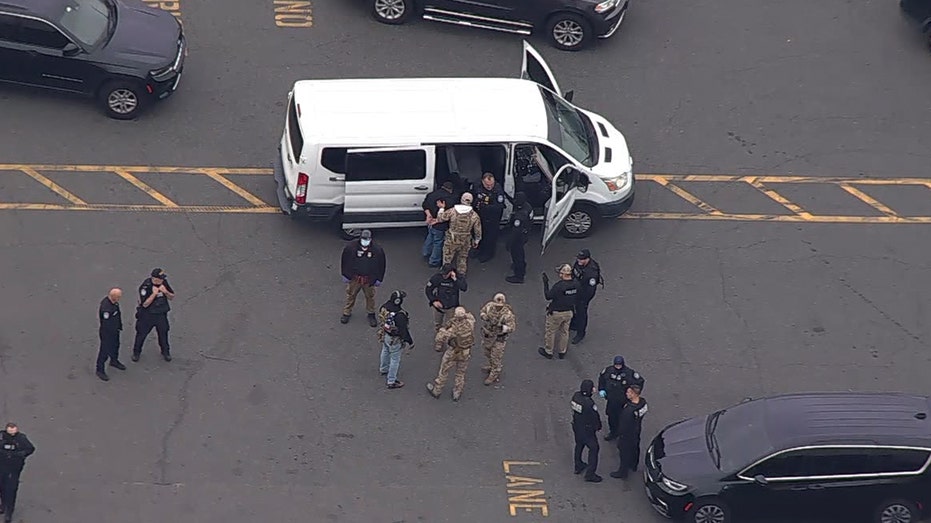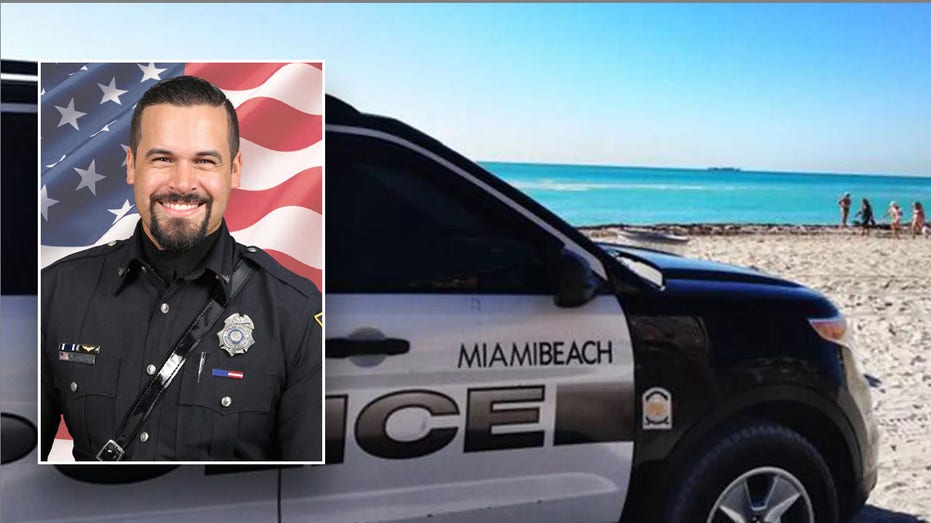A man now facing charges for allegedly threatening former President Trump displayed a disturbing pattern of escalating online behavior, even after direct warnings from federal agents. Derek Lopez, 27, was previously fired from his position as a teaching assistant following an incident on a university campus, but his actions didn’t stop there.
Just eight days before his arrest for disrupting a Turning Point USA event, Lopez was questioned by the FBI regarding his volatile social media posts. Agents took the opportunity to clearly explain the legal boundaries between protected speech and genuine threats, attempting to steer him away from potentially criminal activity.
The affidavit details a chilling series of posts that followed this intervention. On October 26th, an Instagram video surfaced on Lopez’s account, @Derek200p, depicting an individual cocking a pistol and walking down a street. The video culminated in an image of Trump wearing a crown, overlaid with red crosshairs.
The following day, Lopez allegedly posted on X (formerly Twitter), stating, “I’m gonna kill Donald Trump, idgaf.” This explicit threat remained publicly visible on his account. His online activity took an even darker turn when he falsely claimed responsibility for the death of Turning Point founder Charlie Kirk.
Responding to a post seemingly memorializing Kirk, Lopez wrote, “Cry harder.” He then justified his statement by referencing the conflict in Palestine and accusing Kirk of supporting suffering, concluding with a fabricated confession: “I Derek S Lopez, killed him. I killed Charlie Kirk.”
Further investigation revealed another Instagram post featuring an image advocating violence against Immigration and Customs Enforcement (ICE), displaying a fist poised to strike a face. These posts paint a picture of escalating anger and increasingly explicit threats.
A separate interview with Illinois State University police on October 15th offered insight into Lopez’s mindset. He expressed concerns about the rise of “Nazis” and “fascists,” specifically within the White House, and admitted to harboring violent thoughts towards those he perceived as such.
Lopez stated he didn’t necessarily *want* to kill anyone, but believed that powerful individuals deserved to die. He rationalized his inflammatory posts, claiming that if they “scared” people into being less extreme, then the potential consequences were acceptable.
The case highlights the challenges of interpreting online rhetoric and the potential for words to escalate into real-world violence. It underscores the seriousness with which law enforcement agencies are treating threats against public figures and the importance of addressing extremist ideologies.
The investigation involved collaboration between multiple agencies, demonstrating a unified response to potential threats. The unfolding situation serves as a stark reminder of the volatile climate surrounding political discourse and the need for vigilance.






